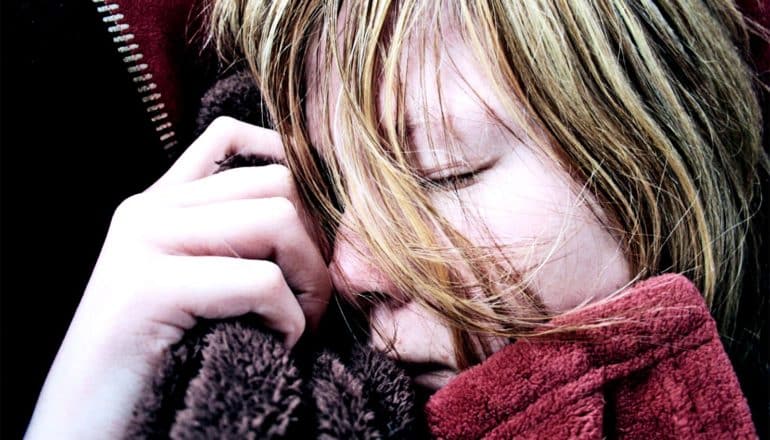
Researchers have discovered how obstructive sleep apnea-related sleep disturbances affects the gut microbiome in mice.
The research reveals how transplanting those gut bacteria into other mice can cause changes to sleep patterns in the recipient mice.
The study shows the gut microbiome is a major role player in sleep regulation, says David Gozal, chair of Child Health at the University of Missouri School of Medicine.
This ultimately could translate into treatments that target the gut microbiome in humans with OSA, a chronic sleep condition affecting more than one billion people worldwide.
“By manipulating the gut microbiome, or the byproducts of the gut microbiota, we would be in a position to prevent or at least palliate some of the consequences of sleep apnea,” says Gozal, the lead author of the study.
“For example, if we combine continuous positive airway pressure (CPAP) with customized probiotics that change the patient’s gut microbiome, we might be able to eliminate some of the tiredness and fatigue and reduce the likelihood of the comorbidities associated with OSA that affect cognition, memory, cardiovascular disease, or metabolic dysfunction. If we can do any one of those things, then this is a major movement forward in the way we treat OSA.”
The study exposed male mice to either room air or intermittent hypoxia—a condition in which the body doesn’t get enough oxygen—designed to mimic OSA. After six weeks, researchers collected fecal material from all of the rodents. A third group of naïve mice was divided up and given either a fecal transplant from the mice breathing room air or those exposed to intermittent hypoxia. The transplanted mice underwent sleep recordings for three consecutive days.
Researchers found the mice who received transplants from the intermittent hypoxia group slept longer and slept more often during their normal period of wakefulness, suggesting increased sleepiness.
“This is the first study that evaluated sleep in naïve mice subjected to a fecal microbiome transplant from mice exposed to intermittent hypoxia,” Gozal says.
“The fecal microbiome analysis showed profile differences between the mice transplanted from intermittent hypoxia donor mice versus those exposed to room air, indicating that the transplant altered the GM of the recipient mice.”
Emerging evidence suggests the GM can influence health and sleep quality through the brain-gut microbiome axis (BGMA). The next step is to study the mechanism involved in the relationship between the brain and the gut to determine how changes in the gut microbiome can affect sleep structure and, in turn, how OSA can contribute to comorbidities.
The study appears in the journal Experimental Neurology.
Grants from the National Institutes of Health and a grant from the University of Missouri supported the research. The contents of this publication do not necessarily represent the official views of the funding agencies.
Source: University of Missouri
The post Mice poop shows gut bacteria is key to sleep appeared first on Futurity.
from Futurity https://ift.tt/30wUaMT
No comments:
Post a Comment